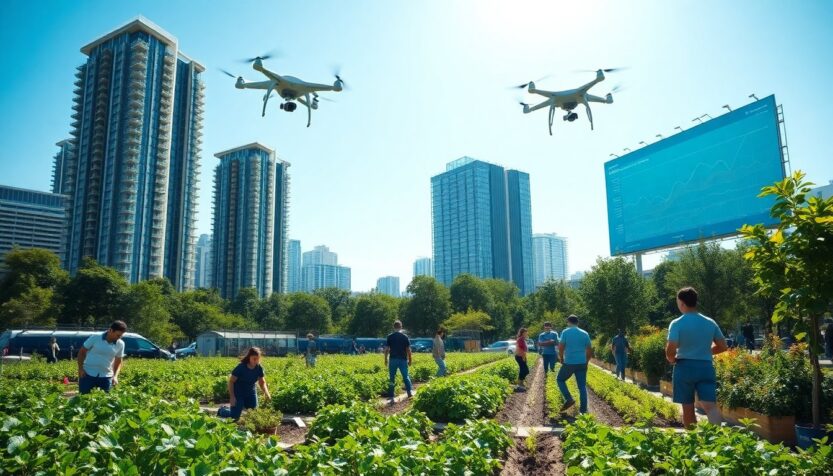The rise of AI-driven sustainability solutions
Emerging trends show that the integration of artificial intelligence within sustainability practices is now a reality. Companies are increasingly leveraging AI technologies to enhance their environmental efforts, reduce waste, and optimize resource usage.
Speed of adoption
The adoption rate of AI-driven sustainability solutions is accelerating rapidly. Predictions indicate that by the end of 2025, over 60% of large enterprises will implement AI tools for environmental management. This exponential growth is driven by the urgent need for organizations to meet stringent regulatory requirements and consumer demands for transparency and sustainability.
Implications for industries and society
As AI technologies become integral to sustainability strategies, industries such as manufacturing, agriculture, and energy are witnessing paradigm shifts. Companies utilizing AI for predictive analytics can forecast energy consumption patterns. In agriculture, AI helps optimize crop yields with minimal environmental impact. This shift enhances profitability while contributing to a more sustainable future.
How to prepare today
Organizations must prepare now to harness the potential of AI in sustainability initiatives. This includes investing in disruptive innovation technologies, training employees on data analytics, and fostering a culture of sustainability across all levels. Companies that do not adapt risk falling behind in an increasingly eco-conscious market.
Probable future scenarios
Looking ahead, a future where AI-driven sustainability solutions dominate the corporate landscape is likely. Companies that successfully integrate these technologies will not only thrive but also lead the way in creating a circular economy. Conversely, those that remain stagnant will face significant challenges, including reputational damage and regulatory penalties.

